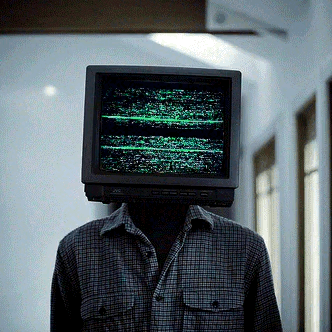Over the past 40 years or so, I have learned this lesson: If you are covering a controversial story and you find a key point where an activist or two in the clashing armies agree with one another, that’s probably something worth noting.
That happened this week while reading a couple of thousand words of commentary about the decision by Pope Francis to all but crush some of the growing communities of priests and traditional Catholics who choose to celebrate the old Latin Mass. To catch up on that, see: “'Where there is incense there is fire.' True, but reporters can seek voices in middle of that war.” And check out this one, too: “Ties that bind? Concerning journalism, Grindr, secrecy, homophobia and the Latin Mass.”
While recording this week’s “Crossroads” podcast (click here to check that out), I read two quotations — one from the Catholic right and one from the left. They offer two completely different takes on what’s happening in the Latin Mass wars, except that they seem to agree on one crucial reality.
The goal is to spot that common ground. Ready?
Quote No. 1 comes from conservative Amy Welborn, writing at her “Charlotte was Both” weblog:
Let’s do an Occam’s Razor on this new Motu Proprio.
It seems pretty simple to me: A number of bishops wanted the tools to restrict celebration of the Traditional Latin Mass, and Pope Francis gave it to them.
There you go.
I mean, we can talk history, ecclesiology, theology and liturgy all day long, but that’s about as basic as it gets or needs to be. I was there. Well, not literally, but I can tell you that this generation of clergy and church activists – now maybe from their late 60’s on up – were formed in a way that they cannot envision a healthy Church in which the TLM is still a part. At all.
What we see here is a papacy, backed by strategically placed cardinals loyal to this pope, that:
… in words, emphasizes synodality, accompaniment, listening, dialogue outreach to the margins and consistently condemns “clericalism” — has issued a document that embodies a rigid approach to the issue, and then restricts, limits and directs more power, ultimately, to Rome. And shows no evidence of actually “listening” to anyone except bishops who are annoyed by the TLM and TLM adherents who conveniently fit the “divisive” narrative.
Now, let’s contrast and compare that view of the conflict with the contents of quote No. 2.










